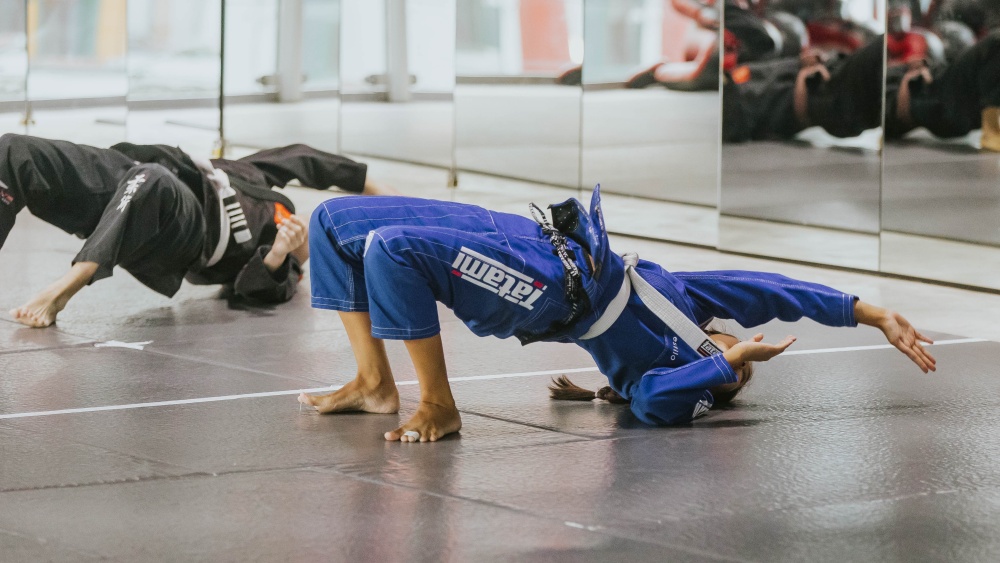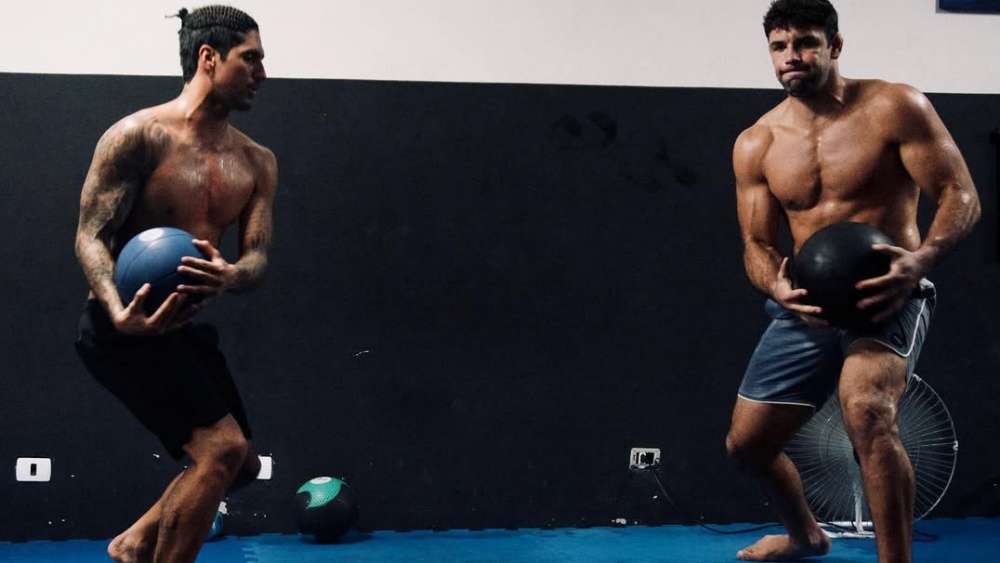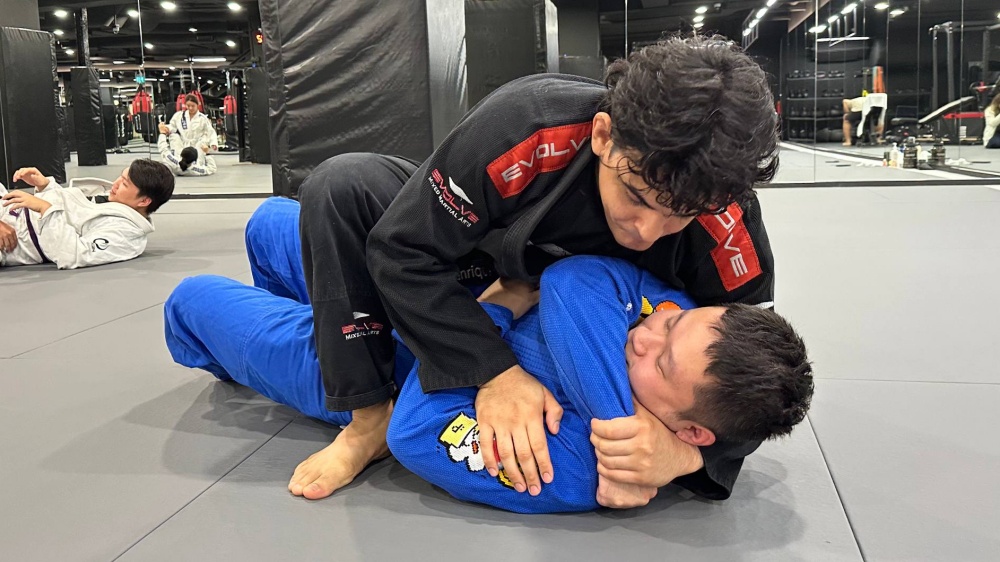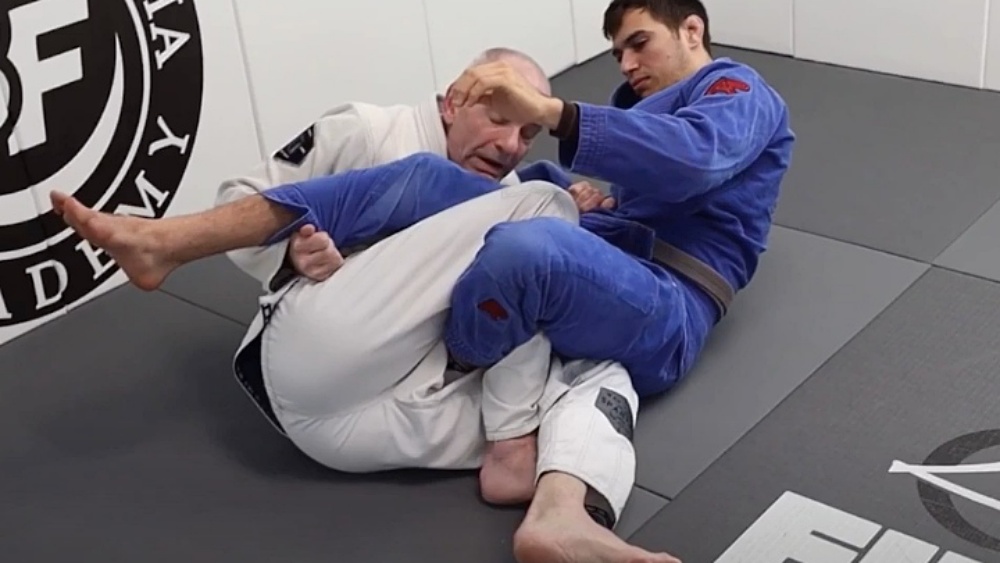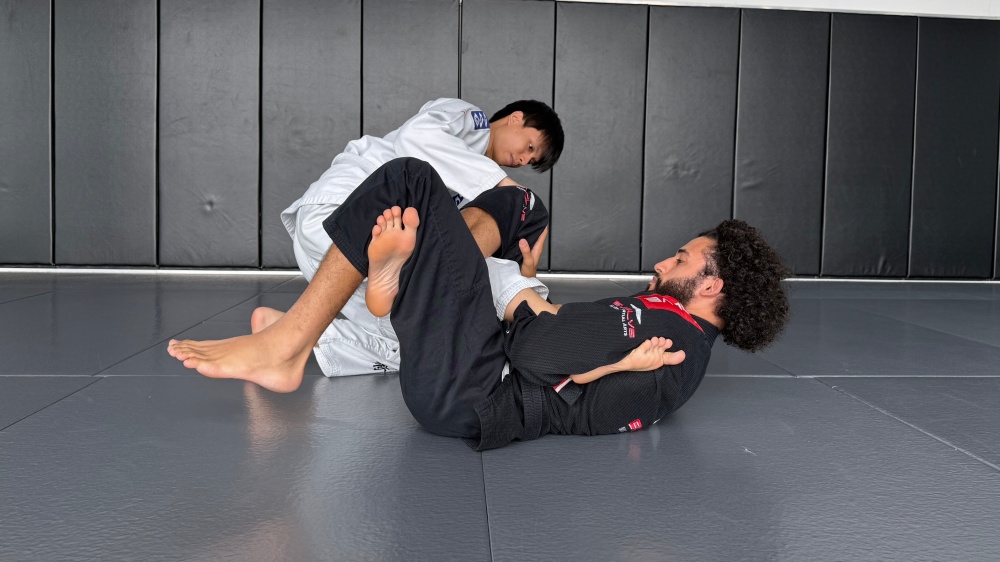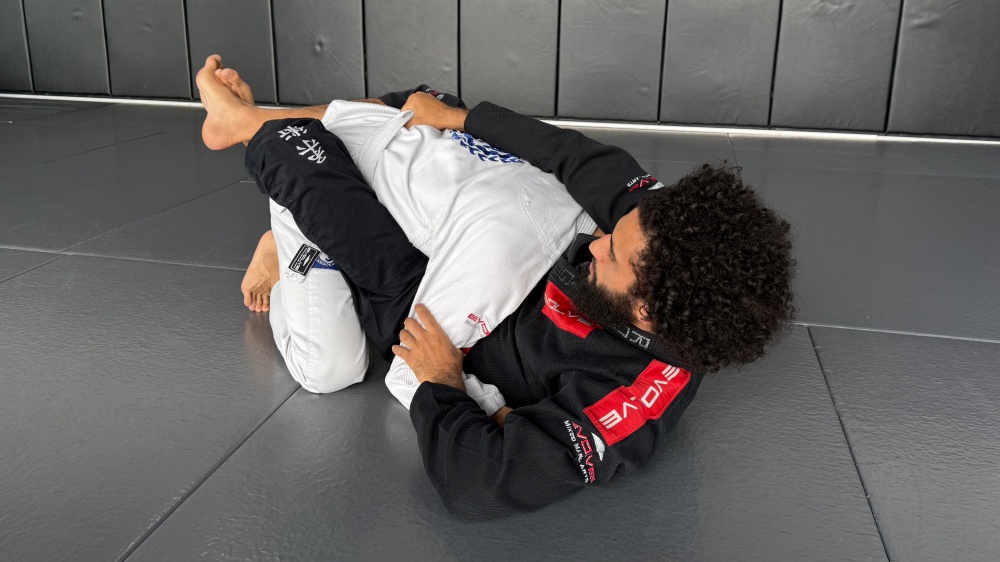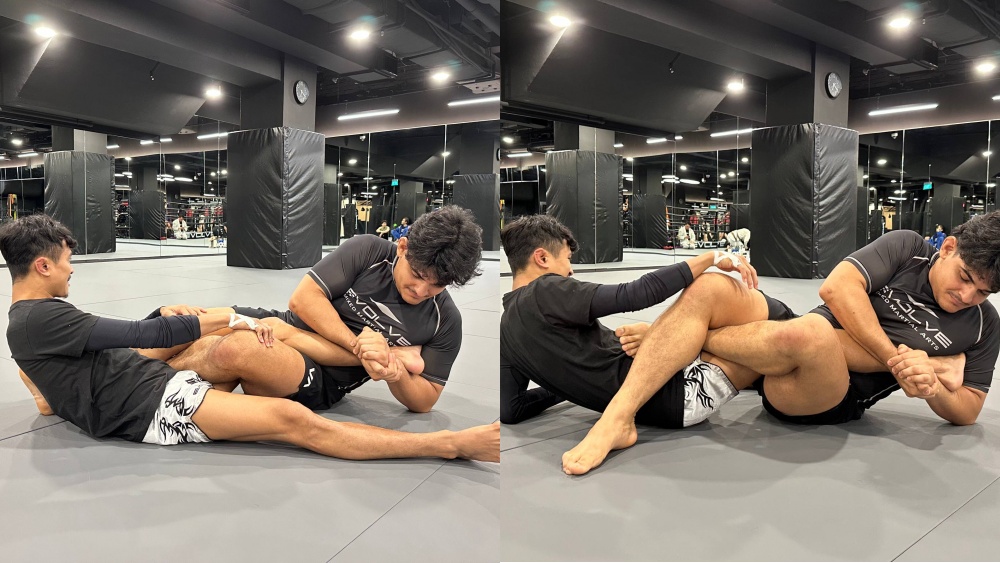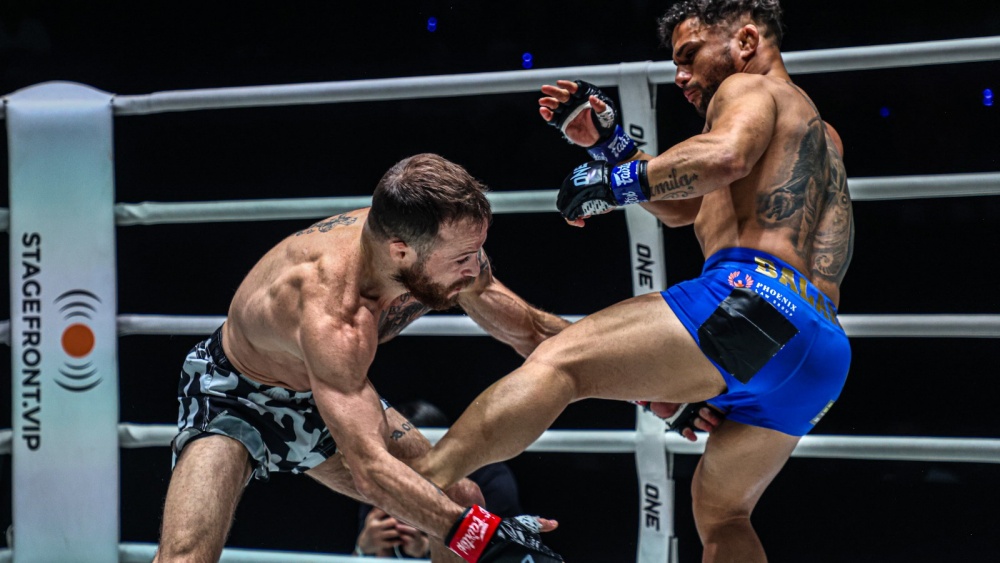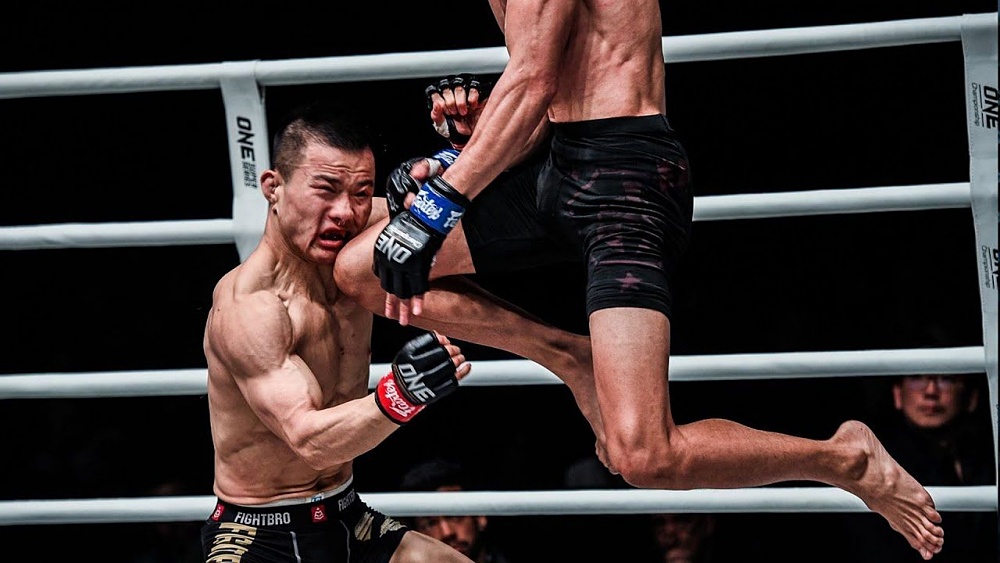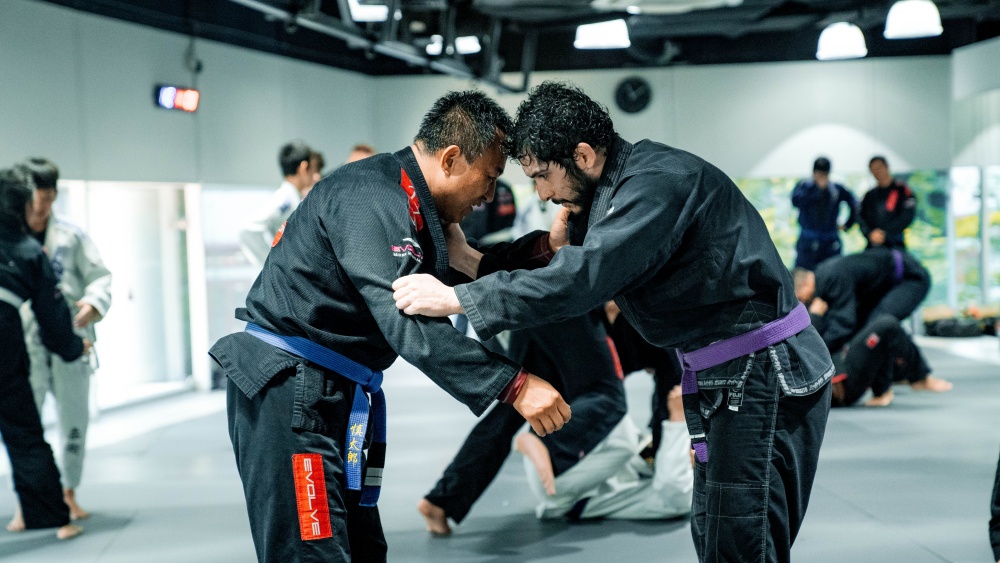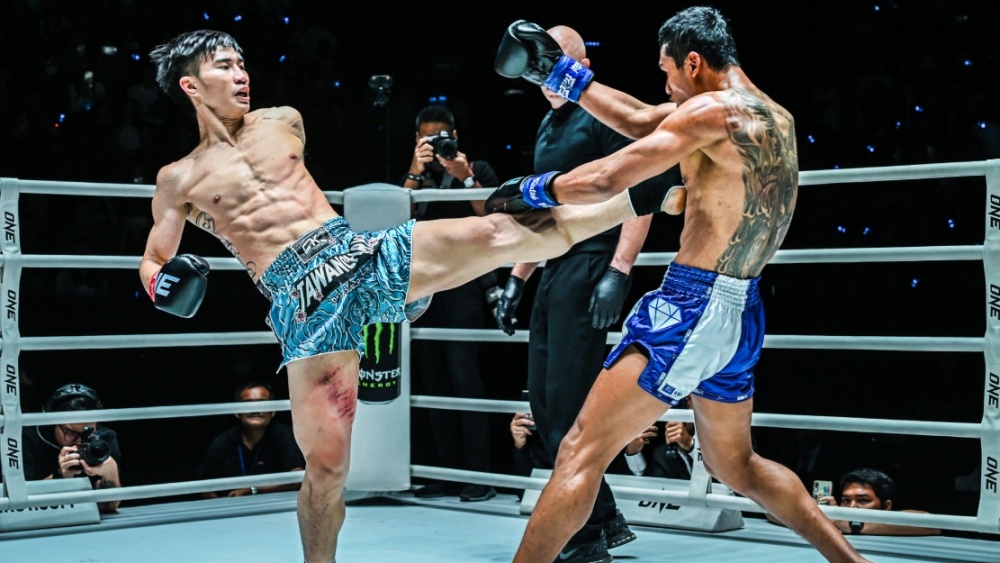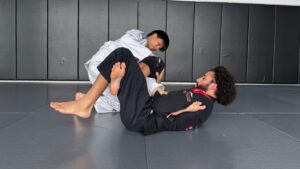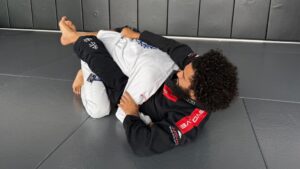Jiu-Jitsu is one of the most popular martial arts today as anyone, regardless of age, gender or background can practice it safely. Unlike most other martial arts, every training session includes sparring rounds where your techniques are tested under pressure in a safe and controlled environment. Tracing back to its roots, it is a martial art that values the use of technique over brute strength, giving smaller and weaker practitioners the knowledge and ability to overcome stronger opponents.
In today’s era, grapplers progress at an exponential rate, technique- and strength-wise. To stay competitive, having great technique won’t be enough. It must be backed up by an effective strength and conditioning program to help maximize your ability to move to various positions. This article will talk about some of the best bodyweight exercises to elevate your Jiu-Jitsu to the next level.
Nine Bodyweight Exercises To Level Up Your Game
Bodyweight exercises are the most convenient type of exercise you can do. Exercises utilizing only your body weight can be performed with practically little to no equipment. In BJJ, training specific parts of your body is essential as it helps with the execution and finishing of techniques. Check out the bodyweight exercises below to level up your Jiu-Jitsu.
1) Hindu Push-Ups
This push-up variation originated in India and has been part of Indian strength and conditioning for countless years. Today, different martial arts have been implementing this exercise as part of their upper body training. If performed correctly, the Hindu push-up works multiple joints and body parts such as the chest, shoulders, arms, hips, core, neck, and wrist. It also helps with muscle endurance, and flexibility, and translates well to sprawling. Perform this exercise before or after training sessions for up to 100 repetitions.
2) Dips
The dip is one of the most underrated upper body exercises. It mainly works the chest, shoulders, and triceps. This exercise is a great reminder to keep your arms close to your body, which helps when framing against the opponent to create space and escape from pins or even push out of half guard. Once the regular bodyweight dips become easy, you can use a dip belt to add more weight. Alternatively, you can perform dips with a ring to focus on stabilization work.
3) Pull-Ups
BJJ includes a lot of grabbing and pulling. The arms and back muscles are responsible for these movements, which is why the pull-up is an essential bodyweight exercise for grapplers. Pull-ups mainly work the back, and the forearms and shoulders secondarily. Depending on the variation, pull-ups significantly improve grip strength for BJJ. It can be performed in different ways, such as with a towel, gi, or free weights to add more difficulty.
The negative pull-up is one of the best ways to build your grip and forearm strength for grappling. It comes in handy when applying collar ties or squeezing with the rear naked choke. Keep in mind that different variations of pull-ups, especially with the gi or towel, can be taxing to your hands, so rest accordingly.
4) Towel Dead Hang
If you find it difficult to perform the gi or towel push-ups, get used to the towel dead hang first. The towel dead hang, which can also be done with a gi, is a great exercise to build your grip strength for gi BJJ. Having a powerful grip in BJJ allows you to play different guards more effectively and apply tighter submissions.
Once you pass the one-minute mark, you can eventually move to the one-arm dead hang or pull-ups to add more difficulty. To start, hang as long as you can, and track the seconds using a timer as you work your way up.
5) Lunges
The lunge is one of the best lower body exercises you can do to supplement your takedowns. Like the takedown, this exercise engages multiple muscles like the glutes, hamstrings, quads, and core to help balance and stability.
Lunges greatly translate to changing levels and the lunge step when shooting for the takedown. There are different variations of the lunges, such as the side and reverse lunges. To add more difficulty, you can hold on to free weights like a dumbbell, kettlebell, or barbell as you perform the exercise.
6) Squat
The squat is the king of lower body exercises and is undoubtedly the first exercise that comes to mind when thinking of exercising the legs. It is an excellent exercise to build endurance and generate power from the lower body.
Squatting will improve your game, especially when performing guards, takedowns, or finishing submissions like the triangle choke. The squat can be performed in different ways and variations. It can be done by tempo, or if you’re training specifically for BJJ, exploding on your way up. Other variations include the pistol squat to isolate the legs, and the jump squat to build power. Watch the video below on how to perform the B-stance squat. This is guaranteed to improve your takedown shots.
7) Bridging
Bridging is widely used in wrestling to prevent the opponent from pinning you on the mat. It is also used in BJJ to get out of the bottom position, especially when escaping the mount. Usually performed in warm-ups, doing bridges will strengthen your posterior chain.
As it is a fundamental technique traditionally taught in the first week of training, you may find the bodyweight bridge easy to perform. To add difficulty, you can add a barbell or even transition to neck bridges to strengthen your neck.
8) Burpees
Burpees are usually done as a cardio exercise and can be a great finisher to a hard training session. For burpees to translate into your game, instead of landing in a push-up position, perform a sprawl instead, on your way down. Remember to not let your knees touch the floor as you sprawl.
9) Sit-Through
The sit-through is an exercise that teaches the hips to move in a wide range of motion. It strengthens the core and shoulders and improves hip mobility and flexibility of the spine. In Jiu-Jitsu, it is performed to escape from the front headlock position if you fail a takedown shot.
Final Thoughts
Strength and conditioning are an integral part of modern Jiu-Jitsu. Nowadays, being strong and technical is the best recipe for competition success. Remember that a strong body can help you stay on the mats for many years as it can minimize the risk of injuries.
You may also like:
